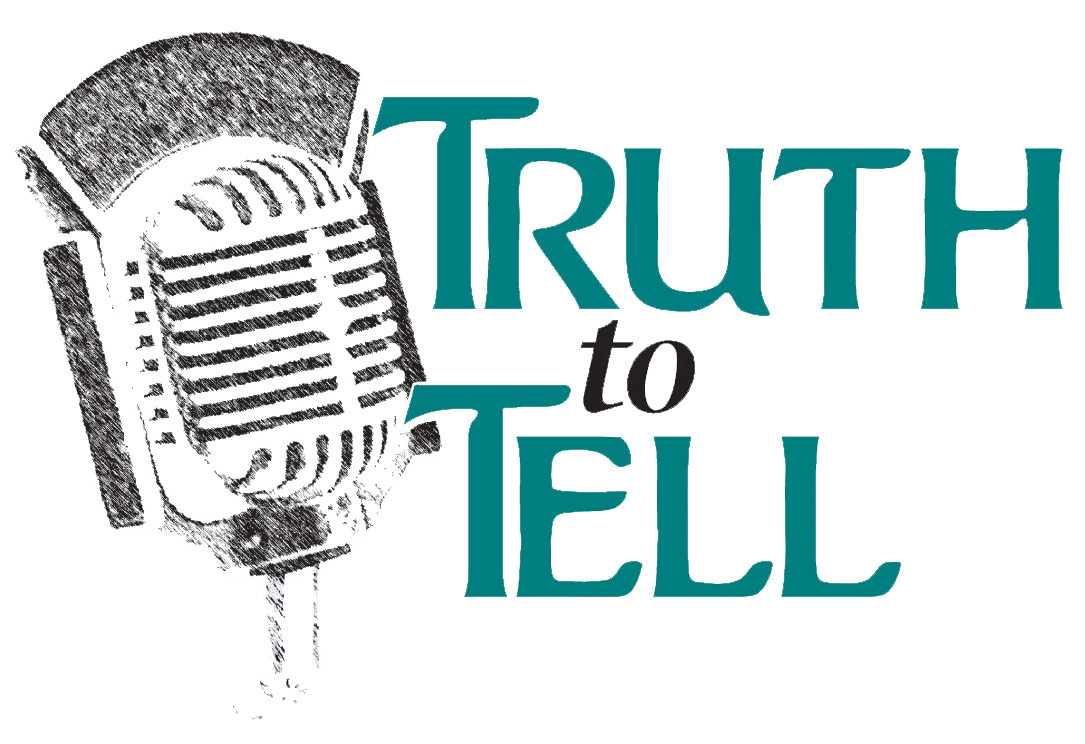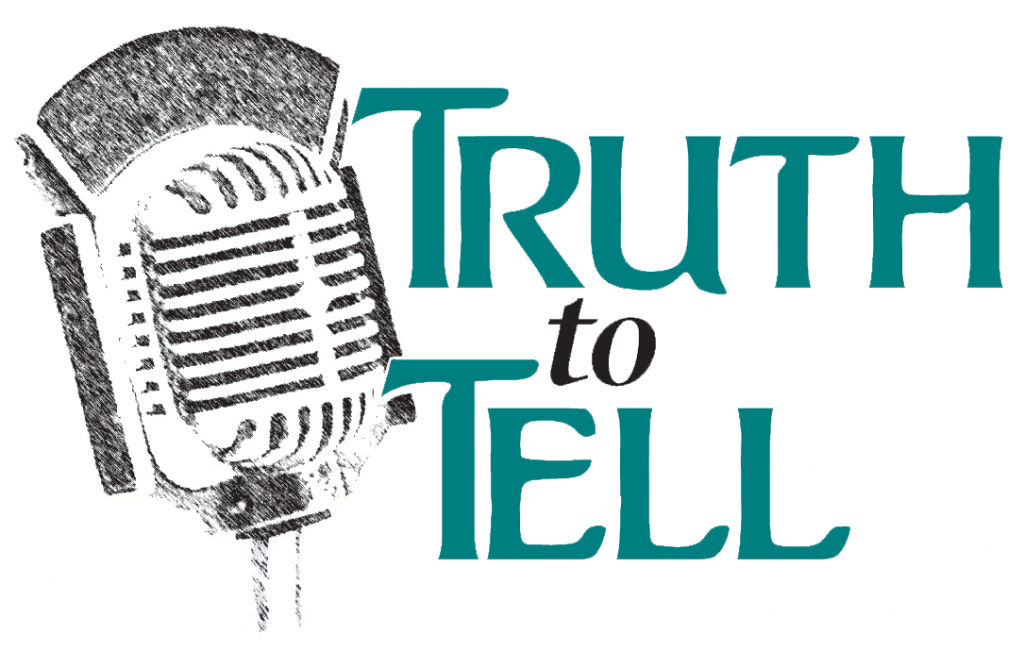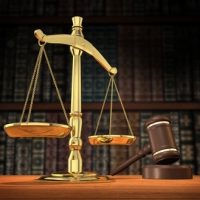Truth To Tell (2010-08-02)
TTT airs at 9:00 AM Mondays on KFAI FM 90.3 Minneapolis (and Westend St. Paul) or 106.7, St. Paul. Stream us online at www.KFAI.org (or click on the banner to your right). Podcasts will be up as soon as we can mount them following the show.
On August 2nd, we presented candidates seeking that rare open judicial seat which, absent the typical governor’s appointment to fill judicial vacancies, will actually elect a new judge to succeed retiring Ramsey County District Court Judge Michael Monahan. Of the nine candidates appearing on the ballot, two will emerge as top vote-getters to move on to the November 2nd General Election. But, important as this should be to all of us who care about having our voices reflected in election results, we may miss this contest altogether.
Overwhelmingly ignored by most voters, judicial races are usually found at the bottom of the ballot where fewer and fewer voters travel to cast their ballots. One can understand why: most judicial races are uncontested, and with most incumbents running unopposed, people get used to ignoring these races. I do, but I check to see if someone’s opposed. I do not vote for people running without opposition, unless I find it desirable to give the incumbent a ringing endorsement for their performance on the bench (in this case). So, not only are most judges standing for election with no lawyer, in the absence of a major scandal involving the incumbent, daring to run against them for fear of retaliation when they subsequently appear before them (anyone thinking this would never happen has surely been eating funny mushrooms), they’re all but hidden from view on what we call the “down-ballot” – races deemed less critical than, say, senator, governor and other Constitutional offices, or even legislative seats and local councils and commissions. judges get buried with Soil and Water Conservation DIstrict races and often some key, perhaps important ballot propositions as well. (Ranked Choice Voting, or IRV, was among such propositions in the last city election.
The other big issue here, of course, is the lack of public recognition or familiarity with those actually running. Non-incumbent judicial candidates, when there are such things, are hardly household names, except for those who can actually boast a political record, making them more visible than their opponents. Of course, those who have been politically active may also find those politics coming home to haunt them – rightly or wrongly. The lawyers running for this judicial open seat are generally unknown entities, meaning you as voters must rely on a whole lot of reading and listening to help make up your mind. But these are important races. Judges sit for six years in each term – longer than any other term of office except the lifetime appointments of federal judges. And, as we’ve said, the opportunity to vote for the newest judge on the bench is rare, given that most judges retire just in time to force a gubernatorial appointment. Many do this on purpose, to avoid giving the public a chance to vote in the next judge. (I continue this discussion on my Blog – click above). A major move is afoot to eliminate public ballots for judicial races altogether, many observers fearing the worse: highly partisan, highly political races for the judiciary many believe will compromise the objectivity and neutrality of the courts – a critical element in the dispensation of justice.
TTT’s ANDY DRISCOLL interviews five of the nine candidates for this seat. (I researched this to a fare-thee-well and, since we could not afford, in this case, to pile them all nine into our studio, that research led me to the five most likely to be competitive for the two nominations to come out of the August 10th Primary. I hate it when other media exclude candidates, giving more voice to likely winners than to all comers, but our only excuse is our time and space limitations, limitations other media do not have and still make those god-like decisions.) I still urge all voters to head to the polls August 10th, or, if planning to be anywhere else than at the polling place, file an absentee ballot and do your democratic duty.
On August 9th – the day before the Primary, most of the candidates vying for two at-large seats on the Minneapolis School Board will be in the studio to answer some heavy questions about the future of that city’s education system. Again, we will interview five of them.
Last week, the candidates vying to represent the DFL in the race for Senate District 67 and House District 65A appeared (Listen Here). Lack of mainstream media coverage leaves voters with little information from the horses’ mouths about the qualifications and positions of those seeking to hold those offices. Appearances on radio and television, in particular, are almost nil. Except here, of course.



